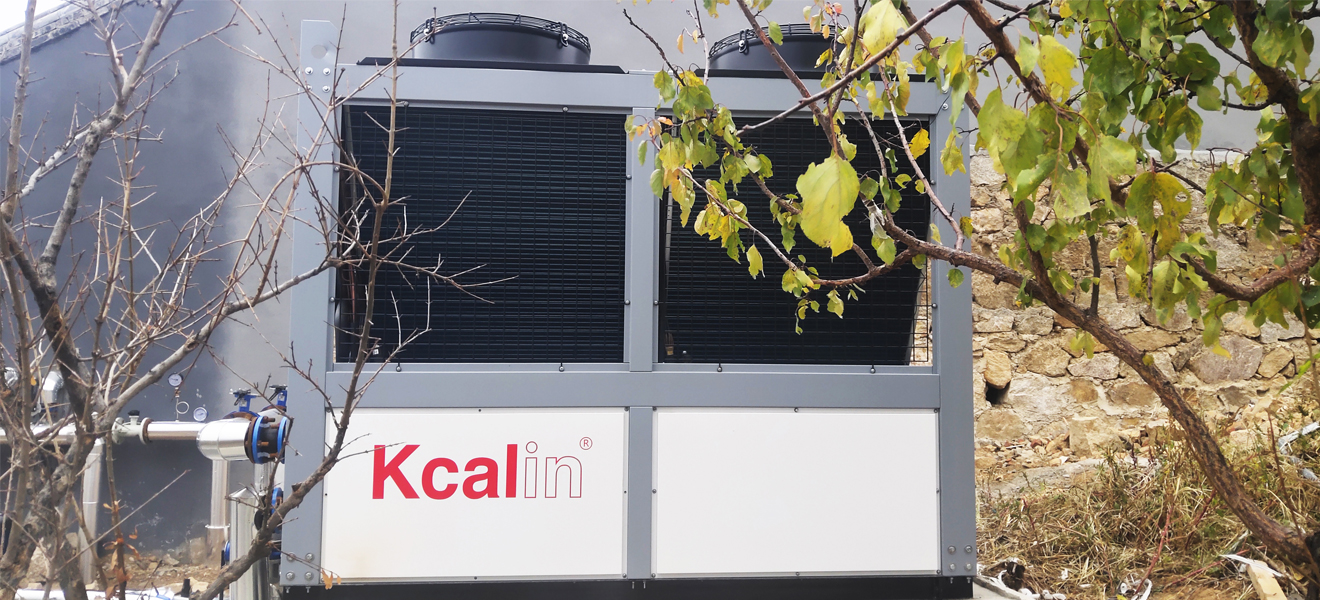The intensification of the energy crisis and the enhancement of environmental protection awareness have attracted increasing attention to the development of heating and heating technology. Heat pump technology and boiler equipment, as two important components in the field of heating and heating, are undergoing rapid development and innovation.
A heat pump is a device that absorbs heat from a low-temperature environment and transfers it to a high-temperature environment by consuming a small amount of electrical energy. The basic principle of heat pump technology is similar to the working process of a refrigerator, but its purpose is for heating rather than cooling. Heat pumps mainly include three types: air source heat pumps, water source heat pumps, and ground source heat pumps.
Air source heat pumps use air as a heat source to provide heat by absorbing heat from the air. In recent years, air source heat pump technology has made progress, especially in greatly improving its application performance in low-temperature environments. Modern air source heat pumps can operate stably at -25 ℃ and are suitable for heating needs in cold northern regions.

Water source heat pumps use surface water or groundwater as heat sources and have a high energy efficiency ratio (COP). Water source heat pump systems typically include water wells, heat pump units, and indoor end devices, with a wide range of applications, suitable for heating and cooling needs of buildings of various scales. In recent years, with the continuous development of water source heat pump technology, its application in urban centralized heating, industrial waste heat utilization, and other areas has become increasingly widespread.
Ground source heat pumps obtain heat from shallow soil or rocks underground through a buried pipeline system. Ground source heat pump systems have the characteristics of high stability and high energy efficiency, making them particularly suitable for areas sensitive to environmental temperature changes. With the advancement of ground source heat pump technology, the improvement of construction techniques, and the decrease in costs, its application in residential, commercial, and public buildings is gradually increasing.
Heat pump technology has comprehensive advantages such as high efficiency, energy conservation, environmental protection, and strong versatility. Compared to traditional coal-fired and gas boilers, heat pump technology has higher energy utilization efficiency, reduces dependence on fossil fuels, and lowers greenhouse gas emissions. In addition, heat pump technology can also provide refrigeration and domestic hot water, making it versatile and improving the efficiency of equipment usage.
The development trend of modern heating systems is to combine centralized heating with distributed heating. In cities or large-scale building clusters, centralized heating systems can achieve efficient and stable heating services through the comprehensive application of heat pump technology and boiler equipment. In rural areas or small buildings, distributed heating systems can flexibly apply equipment such as air source heat pumps and electric boilers to meet personalized heating needs.
With the advancement of intelligent technology, the management and control level of heating systems is constantly improving. Through intelligent control systems, remote monitoring, automatic adjustment, and fault diagnosis of heat pump technology and boiler equipment can be achieved, improving the operational efficiency and reliability of the system. Meanwhile, intelligent management can further improve energy utilization efficiency and reduce operating costs through data analysis and optimization algorithms.
The new development of heat pump technology and boiler equipment provides diversified, efficient, and environmentally friendly solutions for comprehensive heating and heating. By selecting and combining these technological equipment in a reasonable manner, heating effects can be achieved in different scenarios, promoting energy conservation, emission reduction, and sustainable development in the field of heating. Understanding and mastering the new development trends of heat pump technology and boiler equipment is the key to improving the performance and efficiency of heating systems, and it is also an important path to realizing the future of green energy.







Comment